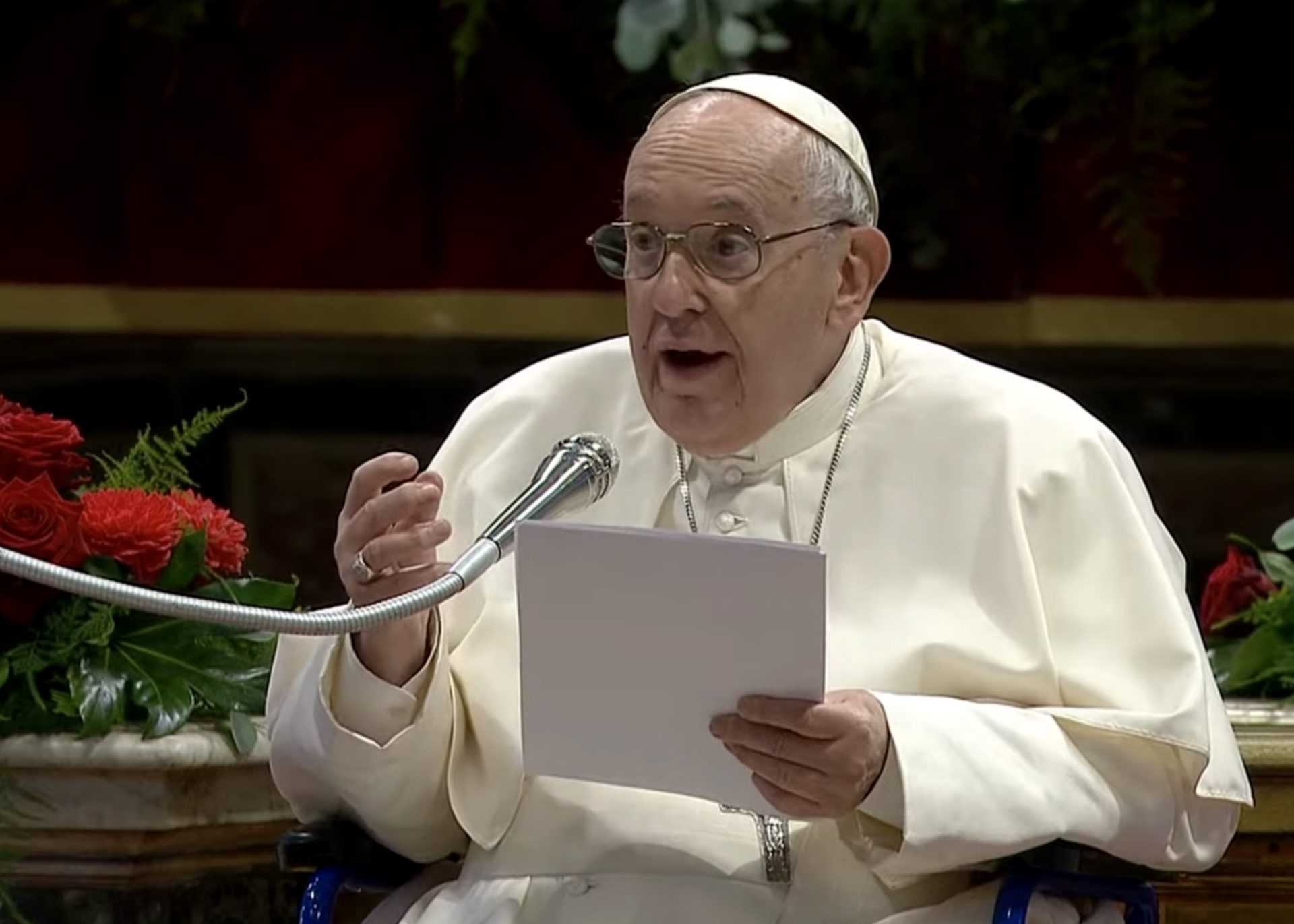Pope Francis on Wednesday decreed that diocesan bishops must receive written permission from the Vatican before erecting a public association of the faithful that is later expected to become a religious institute.
The pope’s rescript, issued on June 15, states that the diocesan bishop must receive a “written license” from the Dicastery for Institutes of Consecrated Life and Societies of Apostolic Life before erecting, by decree, “a public association of the faithful with a view to becoming an institute of consecrated life or a society of apostolic life of diocesan right.”
The decision, approved on Feb. 7, goes into effect immediately.
The Code of Canon Law describes associations of the Christian faithful, which can be either public or private, as groups striving “in a common endeavor to foster a more perfect life, to promote public worship or Christian doctrine, or to exercise other works of the apostolate such as initiatives of evangelization, works of piety or charity, and those which animate the temporal order with a Christian spirit.”
It explains that “associations of the Christian faithful which are erected by competent ecclesiastical authority are called public associations.”
The new rule follows a change Pope Francis made to canon law in 2020, which required a bishop to have permission from the Holy See before establishing a new religious institute in his diocese.
The pope modified canon 579 of the Code of Canon Law, which concerns the erection of religious orders and congregations, referred to in Church law as institutes of consecrated life and societies of apostolic life.
The law was changed from requiring the diocesan bishop to consult with the Vatican before giving canonical recognition to a new institute to requiring him to have written permission.
This change further strengthened Vatican oversight over the process.







